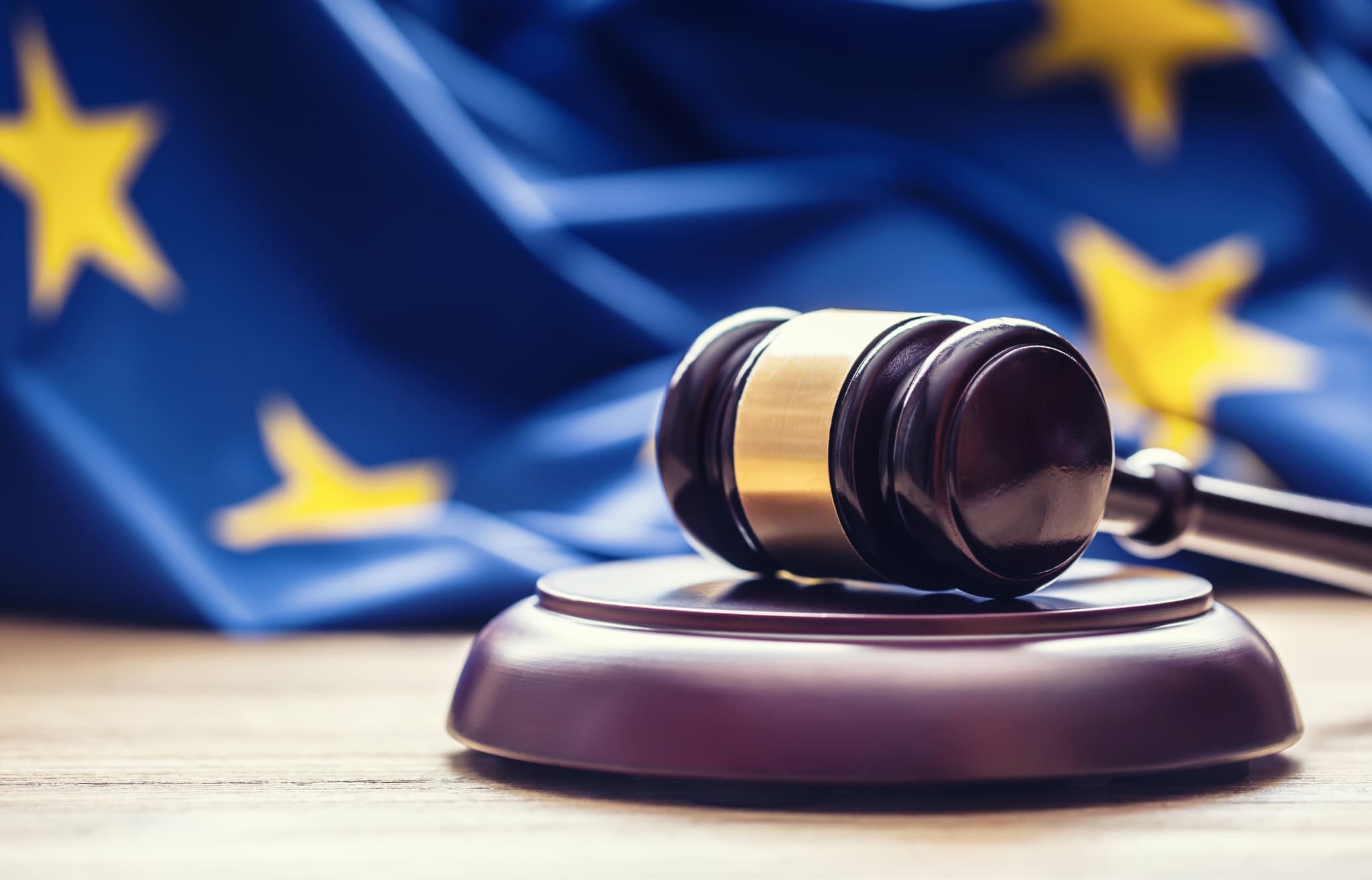There are signs of growing resistance against the EU’s relentless takeover of member states’ powers and sovereignty. The latest expert to add his voice to the debate is Dr. Zdeněk Koudelka, lecturer at the Masaryk University in Brno, Czech Republic. In an interview for the newspaper iDnes, the academic is warning that the European Union is using its range of institutions to slowly ebb powers away from nation states’ parliaments and constitutional courts.
Koudelka’s opinion, who is an expert on constitutional law and political sciences, comes as a reaction concerning the Dec. 14, 2021, decision of the European Court of Justice (ECJ), in which the court ruled that all European countries must recognize the parenthood of people whose marriage had been lawfully registered in another member state. The ruling had followed the case in which two Bulgarian women who lived in a same-sex partnership had been refused a passport by the Bulgarian authorities for their newborn child, arguing that a child cannot have two mothers. The European Court of Justice also ruled that the child should be issued with a Bulgarian passport.

In Koudelka’s view, supra-national institutions should not decide about cultural and ethnic questions that belong to individual states. He stated that, “The European Union unobtrusively deprives member states of their sovereignty by usurping and penalizing areas that its member states have not entrusted to it. The family area is also such an area. It is the sovereign right of every state to recognize homosexual marriages, including the possibility of adopting children.”
These decisions belong to elected parliaments in each individual country. However, as supporters of child-adoptions by LGBT couples are often unable to find sufficient support for their cause in stances in democratic elections, they are bypassing the democratic process via court cases.
The Czech academic has also pointed out that the European Court of Justice’s decision was flawed in other respects as well, as the lesbian couple’s case was anything but clear-cut. He points out that one of the women was British and other Bulgarian, while their same-sex marriage was created in Spain. Obviously, only one of them can be the child’s biological mother. The Bulgarian authorities have asked them which one of them have given birth to the child, but the women have refused to answer, and this was the reason why their request for their child’s citizenship was rejected.
In Western Europe, adoption by homosexual couples is a common practice, points out Koudelka, but the EU’s topo court had decided that this should be forced on Eastern European countries that reject this trend. The judges had justified their decision with the “lame argument” that the whole issue basically concerns the question of the freedom of movement within the Schengen area, and this was the basis on which they ordered the Bulgarian authorities to accept the child’s Spanish-issued birth certificate, even though it had two women listed as mothers, which runs counter to Bulgarian law. This, in effect, allows gay and lesbian couples to use the current precedent to bypass the legal system of countries that do not permit same-sex adoptions, simply by showing a birth-certificate from a country that does.
“The European Court of Justice is tunneling out the law. It did not formally repeal Bulgaria’s right not to allow the adoption of homosexual couples, but it forces it to accept the circumvention of Bulgarian laws abroad,” says Koudelka.
According to him, the EU’s ruling directly conflicts with the sovereignty of the state, because the verdict concerns a legal area which member states have previously decided was a national competency that should not be transferred to a supranational EU institution.
“Our constitution says that we are a sovereign state, thus it is necessary to insist on the precedence of our constitution over European law. Otherwise, we are just a protectorate,” says Koudelka.






